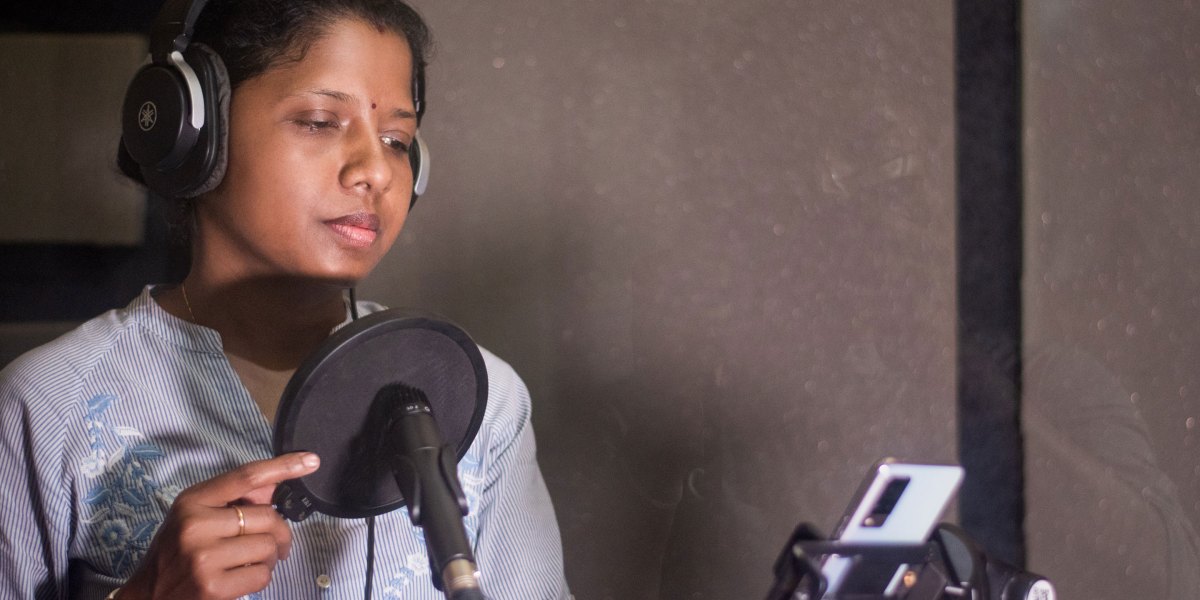Depending on the counting method employed, India boasts a minimum of 120 languages and approximately 1,300 “mother tongues,” denoting local dialects. While the Indian government officially recognizes 22 languages, its operations predominantly revolve around Hindi, prevalent in the northern regions, and English, leaving out a substantial portion of the population who are not fluent in either language.
Microsoft’s AI for Good initiative, encompassing the tech giant’s efforts to leverage AI in addressing health, environmental, and human development challenges, has been actively exploring innovative applications in India. For instance, the company has introduced groundbreaking technologies such as an AI-powered app guiding farmers on optimal seed sowing times and a model utilizing satellite imagery to predict the impact of natural calamities on vulnerable communities.
One of the flagship projects under AI for Good is the Jugalbandi chatbot, launched in May 2023, catering to rural farmers, particularly those residing in regions where the predominant languages are not widely spoken. This chatbot, developed in collaboration with the local research lab AI4Bharat, utilizes a sophisticated language model to interpret queries, extract relevant information, and provide easily understandable responses in the user’s local language. Presently, Jugalbandi supports translation into 10 of India’s 22 official languages.
Another notable initiative by Microsoft, known as VeLLM (Universal Empowerment with Large Language Models), aims to enhance the functionality of GPT, the foundational model behind ChatGPT developed by OpenAI, especially in the context of less commonly spoken languages. The project seeks to address the challenge faced by existing large language models, which excel primarily in major global languages like English and Chinese due to the abundance of training data. VeLLM serves as the basis for various AI experiments, including Shiksha, an AI bot assisting educators in rapidly creating curricula in non-English languages, thereby optimizing teaching resources.
In the pursuit of technological solutions tailored to the realities of rural Indian life, Microsoft engineers, including Kalika Bali, principal researcher at Microsoft Research India, emphasize a “participatory” design approach. This methodology involves extensive engagement with local communities to understand their needs and preferences, ensuring that technology solutions align with their requirements. Bali underscores the importance of avoiding superficial tech interventions that fail to resonate with the daily experiences of rural Indians, citing past instances where well-intentioned projects missed the mark.
While Microsoft’s endeavors in India encompass social good initiatives, the company also recognizes the commercial potential of AI advancements. By developing AI products hosted on its Azure cloud platform and supporting entities like OpenAI, Microsoft capitalizes on the economic opportunities presented by AI innovation. The surge in AI-related enthusiasm has significantly boosted Microsoft’s market value, positioning it as the most valuable company in the U.S.
Ahmed Mazhari, Microsoft’s Asia president, acknowledges the vast potential in the Asian market, characterized by rapid transformations across industries and regions. Highlighting instances where Asian firms have leveraged Microsoft’s AI services, Mazhari underscores the strategic importance of partnerships and pilot programs in enhancing AI security and guiding future policy frameworks.
Kalika Bali acknowledges the intrinsic connection between her team’s work and Microsoft’s broader business objectives in the AI domain. She views their initiatives as early steps towards integrating technology into the lives of individuals currently underserved by digital solutions, envisioning a future where these individuals become active technology users, potentially engaging with Microsoft’s products among others.






